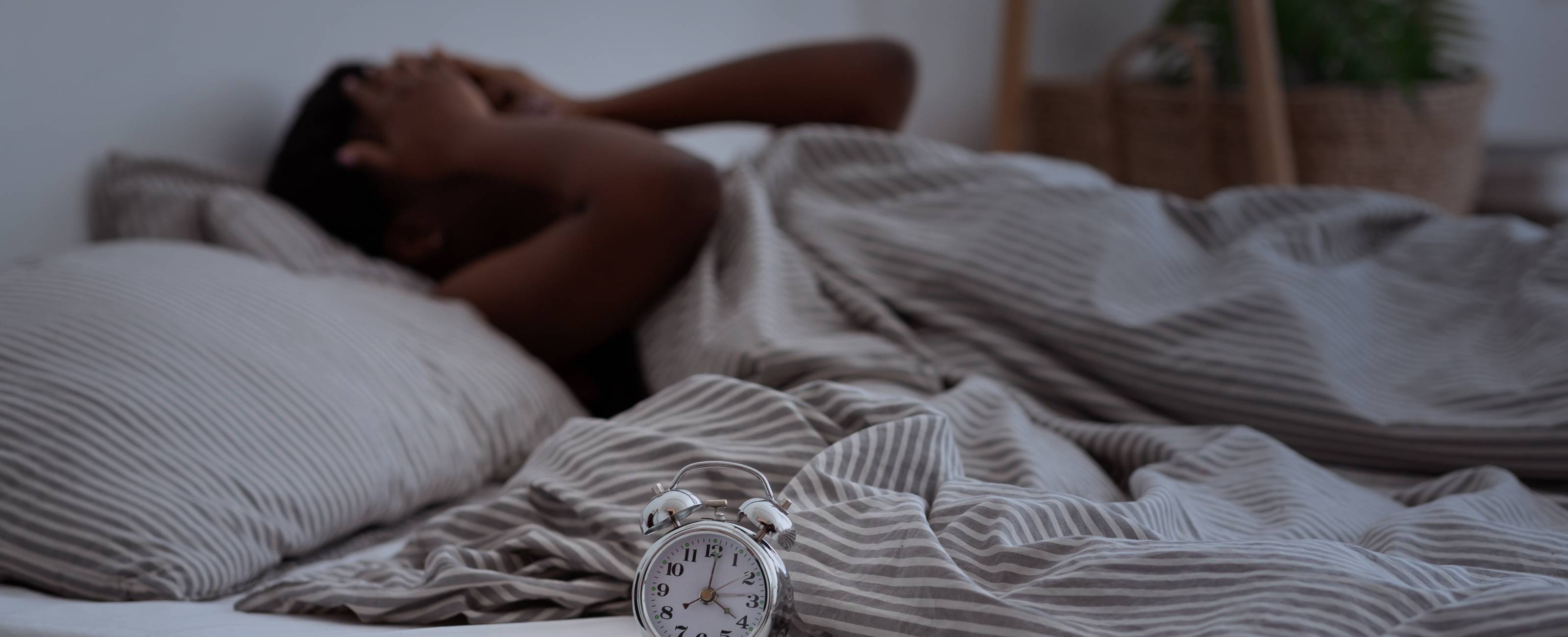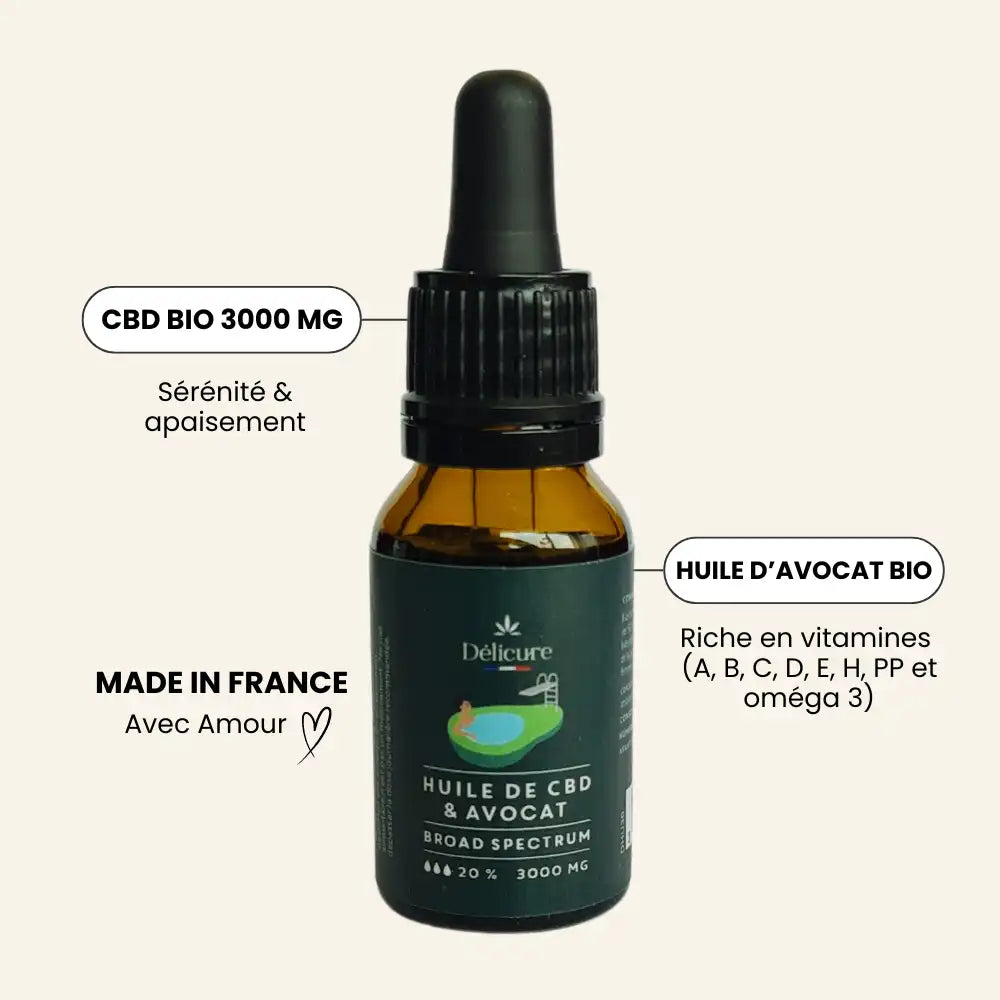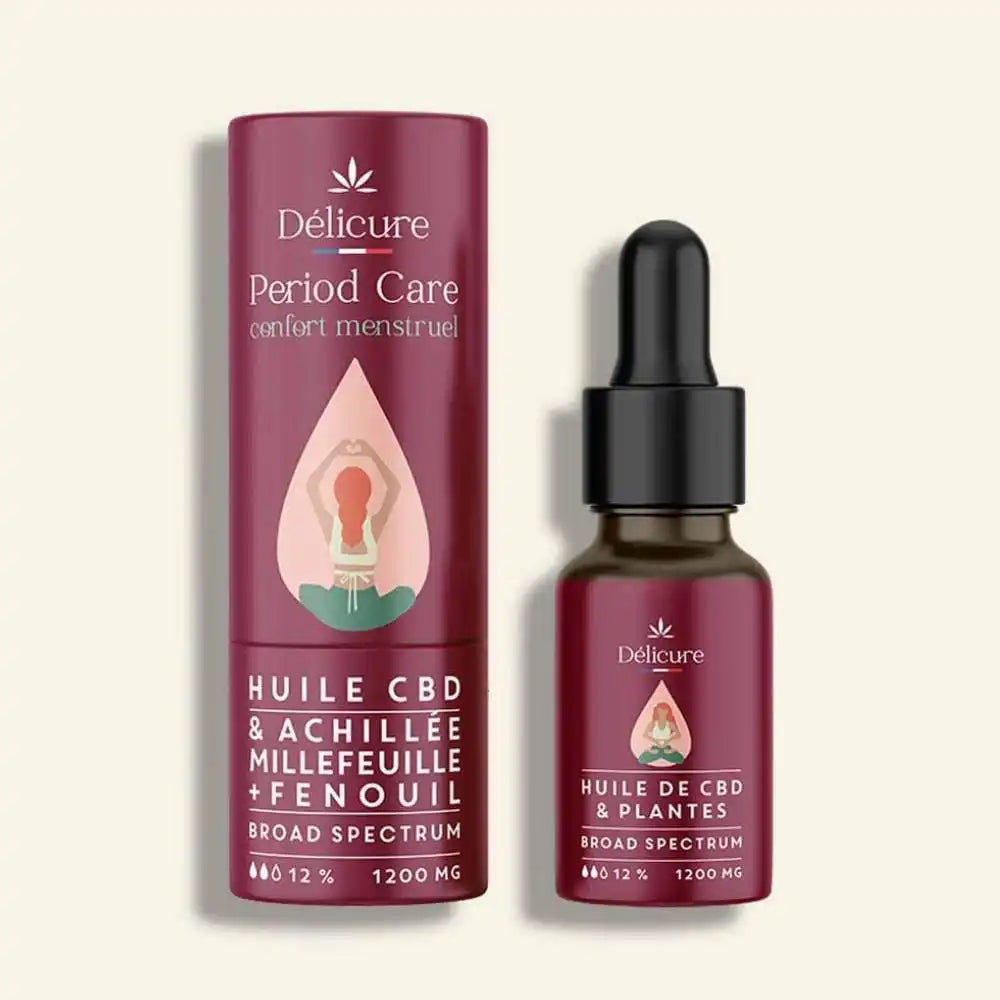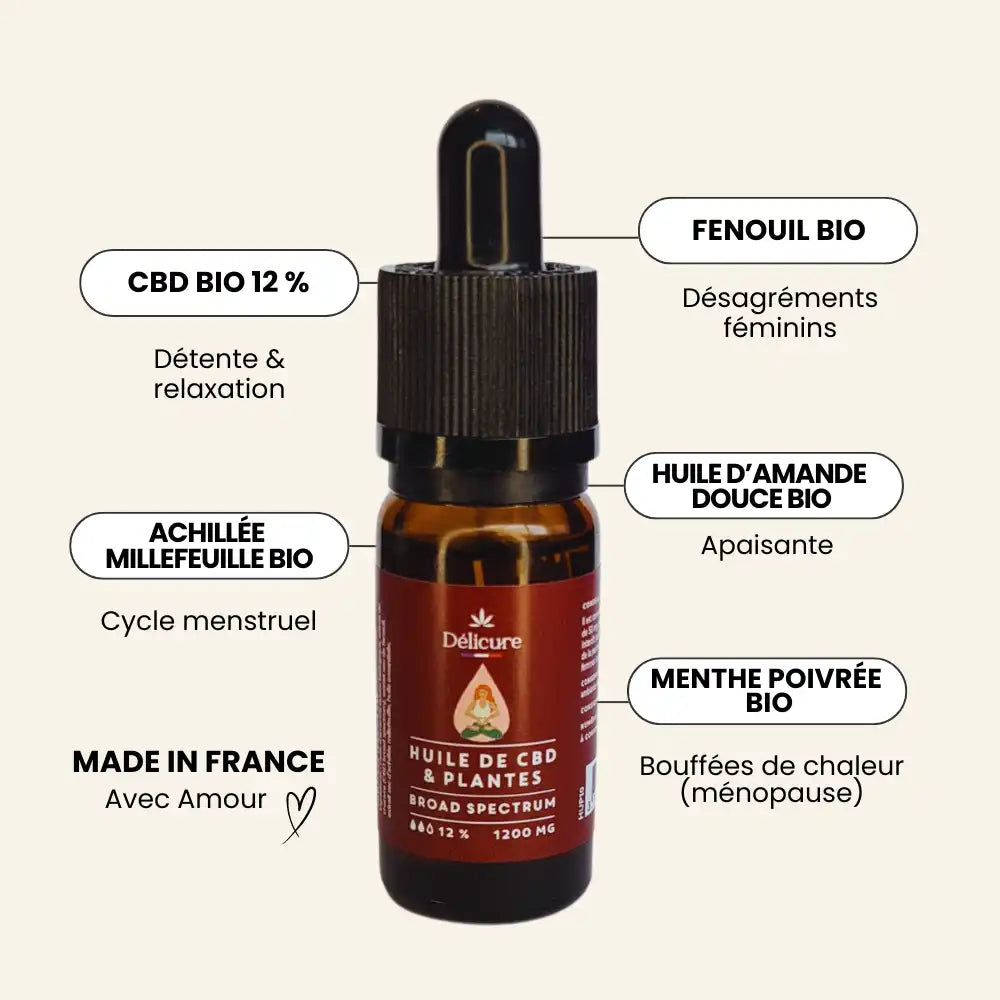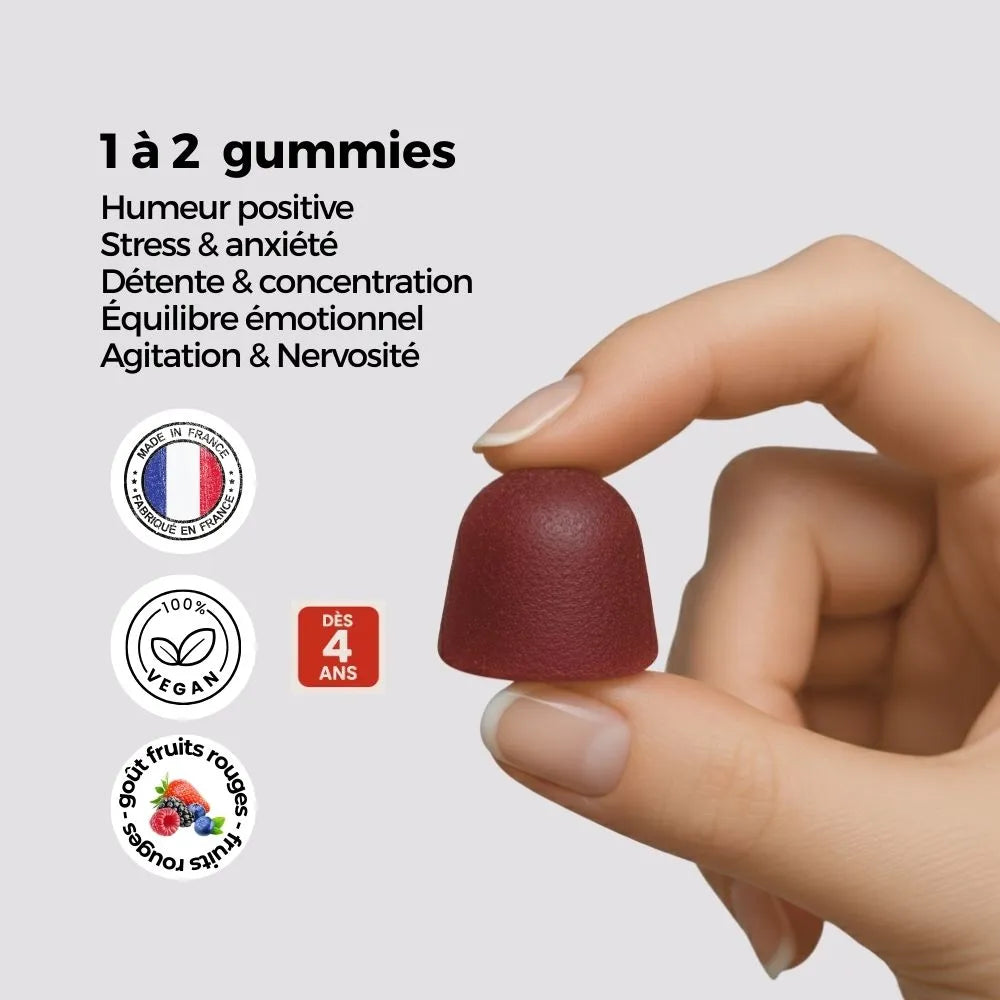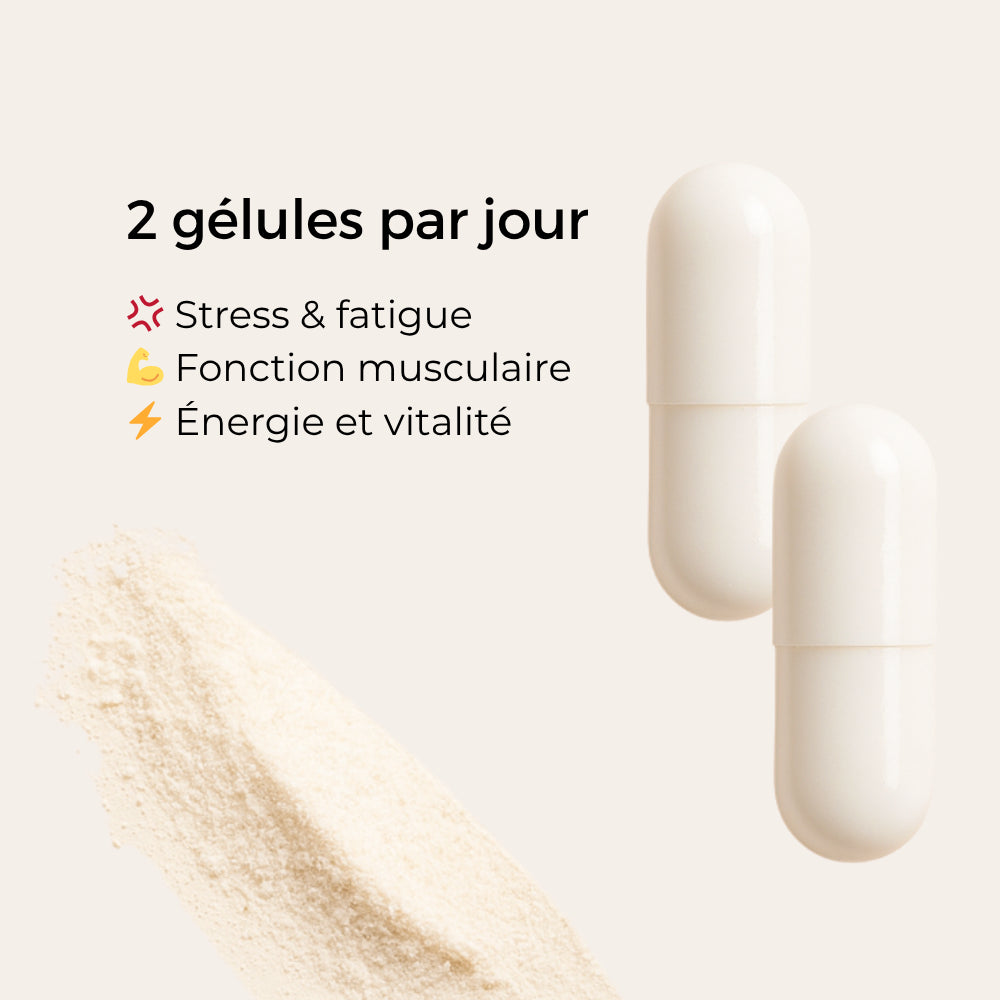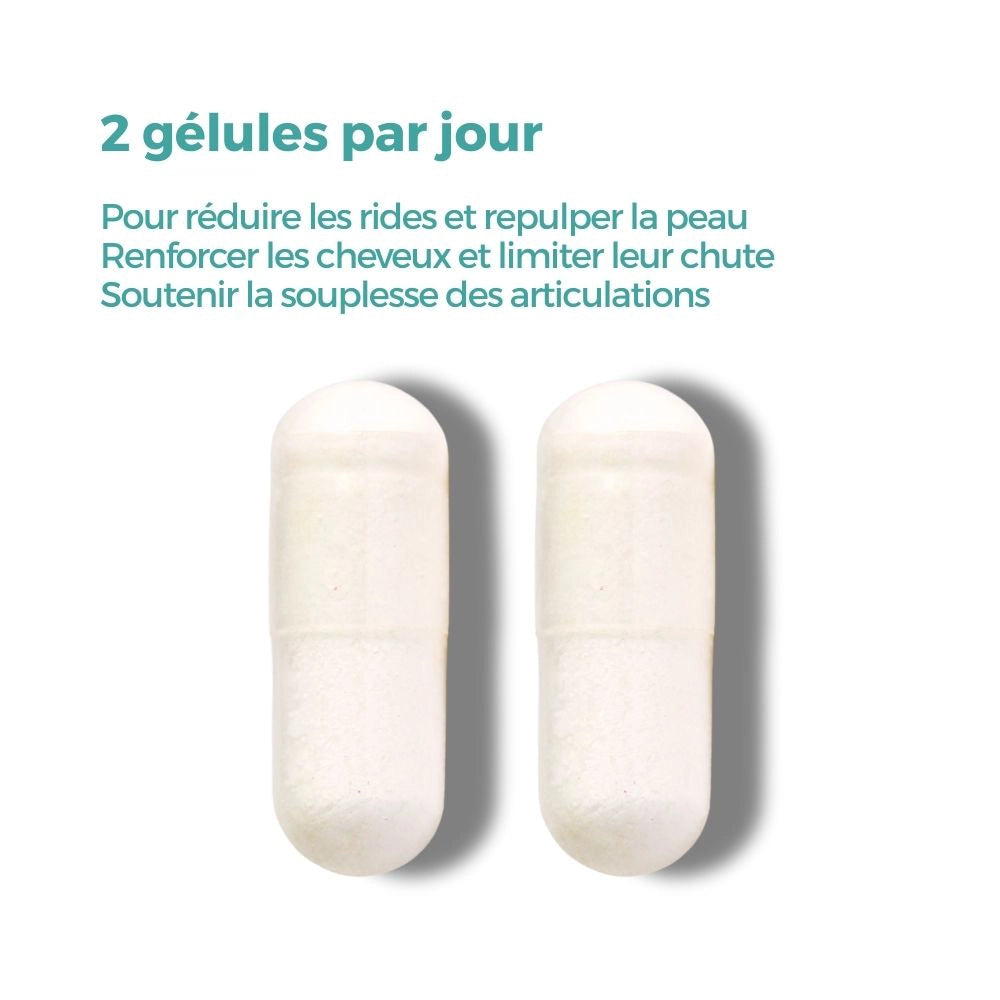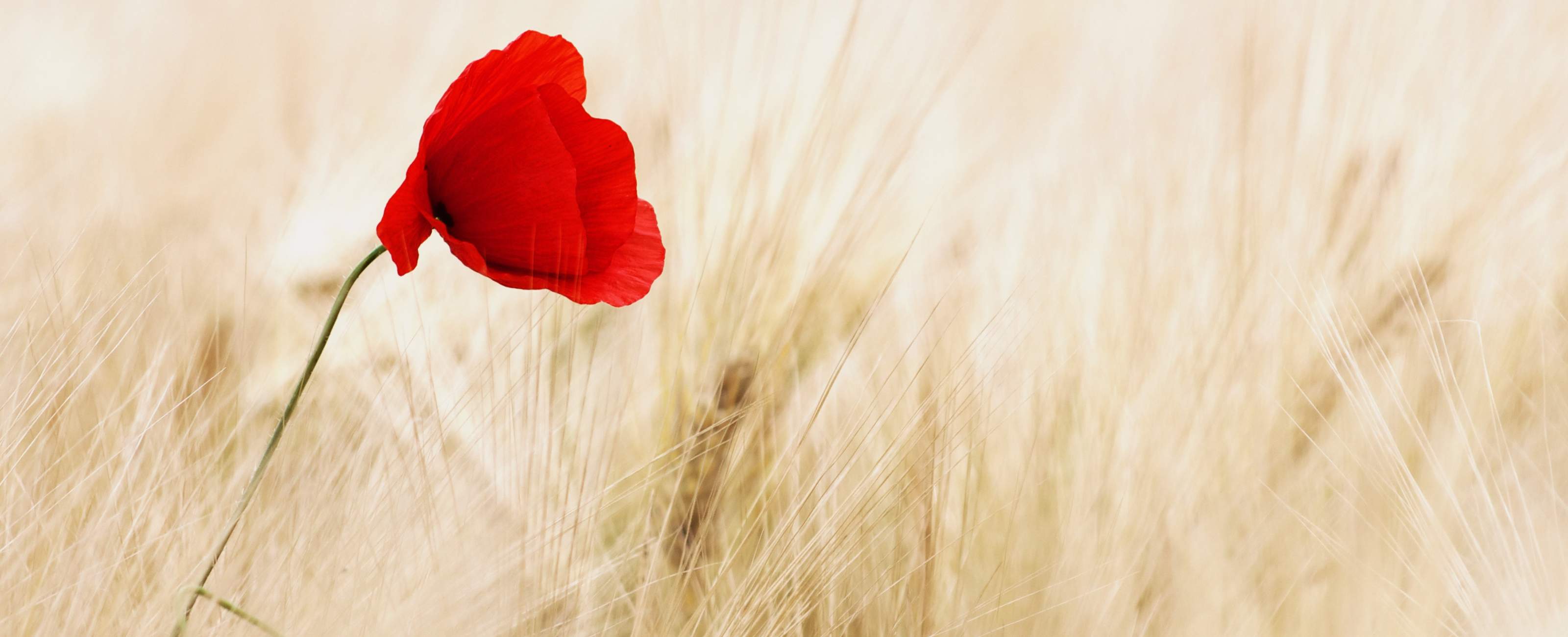
The 7 best plants for getting to sleep
In our modern world, stress and sleep disorders are increasingly common. We invite you to rediscover time-honored natural remedies: plants. Whether in tea or powder form, they can be a healthy alternative to sleeping pills for restful sleep. In addition, organic CBD oils offer a modern and natural approach to calming the mind in the evening and promoting more peaceful nights.
Sedative plants
In the quest for restful sleep, several plants with sedative properties have proven effective. Their relaxing and calming characteristics promote optimal rest and help combat sleep disorders. Opt for organic plants to guarantee a natural product, free from unwanted residues.
- Chamomile : appreciated for its soothing qualities, it helps with falling asleep and optimizes the quality of nighttime rest.
- Linden : used since time immemorial for its sedative effects, it is an ally against insomnia.
- Valerian : frequently recommended for sleep disorders, it reduces the time it takes to fall asleep and prolongs the duration of rest.
- Passionflower : endowed with anxiolytic and hypnotic properties, it proves effective against mild sleep disorders.
- Hawthorn : known for its calming effects on the nervous system as well as its regulatory effects on circadian rhythms.
- Verbena : often consumed as an herbal tea, it contributes to relaxation and calmness, thus promoting sleep.
- The poppy : this pretty flower has a calming and soothing effect, commonly used for sleep disorders.
These plants can be ingested as infusions or dietary supplements. Their effectiveness may vary from person to person: always follow the recommended dosages and consult a healthcare professional if you have any doubts, especially if symptoms persist.

The power of chamomile
The soothing properties of chamomile
Chamomile, known for its relaxing and sedative effects, promotes restful sleep. It contains apigenin, a substance that interacts with brain receptors involved in sleep induction. Thus, it helps shorten the time it takes to fall asleep and optimize the quality of nighttime rest, while also reducing tension and anxiety that disrupt bedtime.
How to use chamomile to promote sleep
It is most often consumed as an herbal tea: add a tablespoon of dried flowers to a cup of hot water and let it steep for 10 minutes before bedtime. Capsules or liquid extracts are also effective—follow the recommended dosages.

The discovery of valerian
The role of valerian in falling asleep
Known for its calming properties, valerian promotes sleep by modulating neurotransmitters that slow the activity of the central nervous system. The result: gradual relaxation and more restorative sleep.
The anti-stress benefits of valerian
Beyond its sedative effect, it is valued for its anxiolytic properties. By modulating the action of GABA, it helps reduce stress and tension that delay sleep onset.
The optimal use of valerian
Infusion or capsules a few hours before bedtime: follow the dosage instructions on the packaging or from your healthcare professional to avoid any interaction or adverse effect.
Passionflower, an ally of rest
A climbing plant with spectacular flowers, passionflower is renowned for its calming effects. Rich in flavonoids, it acts on the central nervous system, reduces stress, and promotes sleep. Its antispasmodic properties also help to release muscle tension before bedtime.
However, precautions are necessary: passionflower can interact with certain medications and is not always recommended for pregnant or breastfeeding women. Seek advice from a healthcare professional, especially if you are using it for sleep apnea .
The surprise with hops and lemon balm
The soothing properties of hops
Less well-known, hops possess interesting sedative properties: they promote sleep and improve the quality of nighttime rest. They can be used as an infusion or in supplement form.
The positive influence of lemon balm on nighttime rest
Lemon balm has a beneficial effect on the nervous system and helps combat anxiety. Whether as an infusion or an extract, it can easily be incorporated into your evening routine to promote sleep.
CBD oil for sleep
Formulated with organic French hemp and enriched with soothing natural extracts, our Organic CBD Sleep Oil offers a gentle and effective solution to help you fall asleep. Thanks to CBD's action on the endocannabinoid system—involved in stress management, relaxation, and sleep cycles—it promotes overall calming of the body and mind before bedtime.
With its optimal concentration and clean composition, this oil helps to:
-
Reduce evening nervous tension and anxiety
-
Promoting natural sleep, without habituation
-
Supporting deeper, more restorative sleep
-
Limit nighttime awakenings and improve sleep continuity
Directions for use : Place the desired dose under your tongue approximately 30 minutes before bedtime , let it sit for a few moments, then swallow. To optimize your sleep routine: limit screen time, opt for soft lighting, ventilate your bedroom, practice breathing exercises, or enjoy a herbal tea.
See the CBD Oil for Strong Sleep
Gummies, a natural and effective option:
Gummies can also be a valuable aid in combating sleep disorders. Often made with herbs and melatonin , these fruity gummies have gained the trust of many consumers. Délicure's sleep gummies are natural and vegan: melatonin, poppy, linden, passionflower, and vitamins work together to promote sleep and reduce nighttime awakenings, with excellent user reviews .







